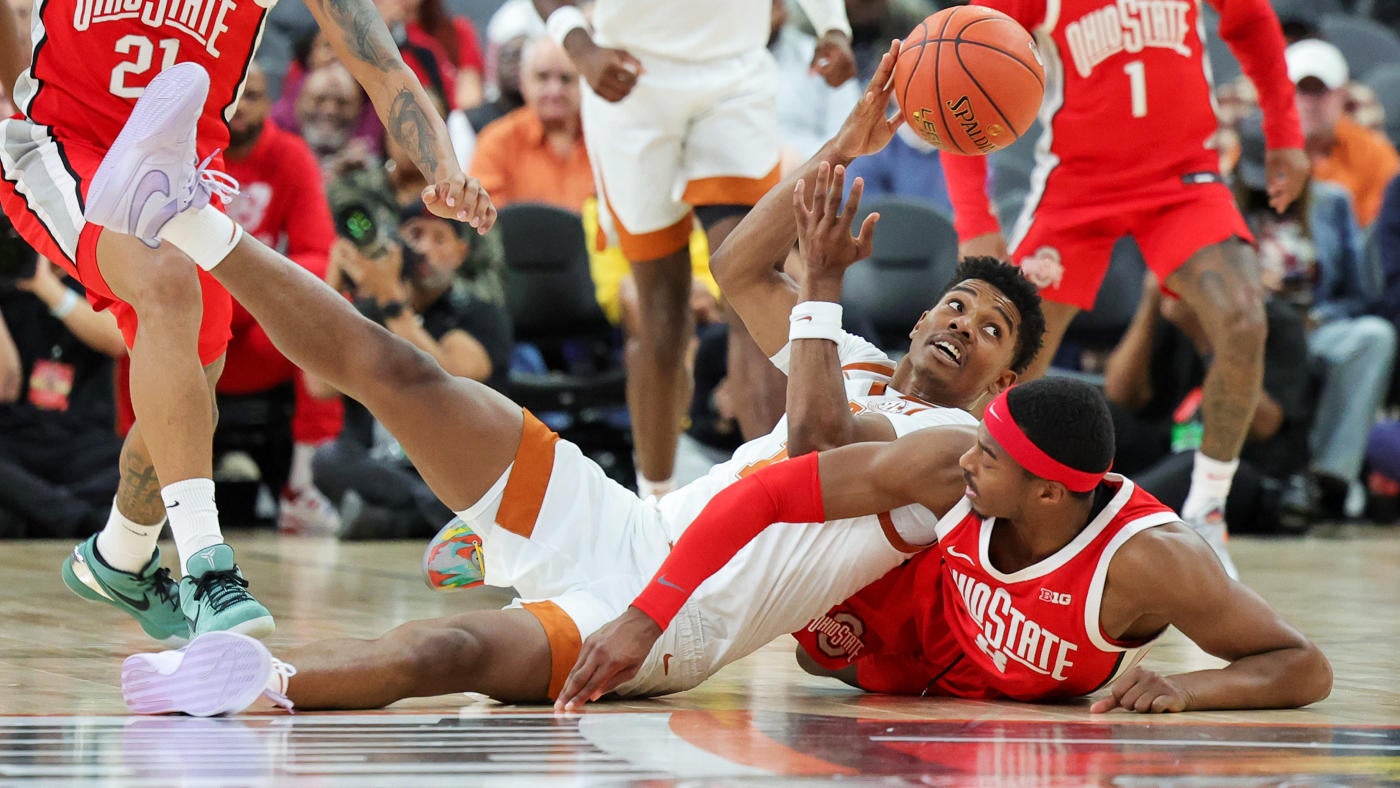The cost of college is quietly going down

The cost of college in the U.S. is going … down?
With lower tuition, less student debt and more grant aid, College Board data released last week shows a hopeful future for higher education costs, despite public perception.
The report shows that over the past few years, the cost of college and the number of students graduating with debt have decreased even while concerns among the public about the price of school have risen.
Experts say the state of the economy and misperceptions around the sticker price of universities and the actual cost paid by a student could skew reality.
The report is “pointing to what we think are positive trends and a result of our institutions, their boards, their legislators and their governors placin he Association of Public and Land-grant Universities.
The College Board found in-state tuition for a public university is down to $11,610 a year, down from $12,140 a decade. After grant aid is applied, the average student would pay $2,480, a decrease from the 2014-2015 school year, when that amount totaled $4,140.
For private schools, the net price is $16,510 a year, down from $19,330 back in 2006.
Even sticker prices, the cost that is displayed by schools before any aid if applied, have mostly gone down in the last decade. The report said sticker prices in the last decade rose only 4 percent at private, nonprofit schools, decreased 4 percent at public four-year colleges and went down 9 percent at public two year colleges.
Around 18 million individuals are in higher education in the U.S. , with around 13 million in public institutions and 5 million in private colleges, according to Statista.
“All this data turning in the right direction. The average sticker prices have declined the last five years across all three major sectors,” said Jennifer Ma, co-author of the report and executive research scientist at the College Board.
The good news can be surprising amid headlines blaring about how some schools are nearing a $90,000 a year.
“Of course, that's depending on where the school you're going to is, depends on the state you live in, but your own situation might be different, so that's one thing,” Ma said when discussing public perceptions. “And another thing is [...] every students situation is different, and tuition fees is not the only thing that students have to pay. So they have to live, they have to eat, and they also have to pay for school course materials and other supplies. So there are all these other expenses as well.”
The report also showed that student debt overall is down.
Those graduating in debt with bachelor's degrees are down 10 percent, or $5,600, from a decade ago, with the average debt among borrowers now at $27,100.
Becker said there's been "real progress over the past decade."
“I think just the ability to see over time that the reliance on debt has actually been decreasing — because in Washington, student debt, college debt has been a major political issue and certainly a focus of the Biden administration,” he said.
“We're also seeing that the amount of debt that students are taking on has come down dramatically, and so I think both of those are important realizations of what's happened over the past decade. Part of the narrative out there in the public is higher education is getting more and more expensive, but when you look at in-state students, in particular public institutions, that's actually not the case,” he added.
More than 40 million Americans hold student debt, and the Biden administration has forgiven more student loans than any president in history.
What the future will look like for the cost of higher education is unclear as a big reason for the decrease in prices has been from increases in federal, state and local funding.
“So one of the reasons for these low increases in sticker prices in the last five years is the increase in state and local funding for higher education, as well as the increase in federal grants. So the federal grants really are in the form of COVID Relief Fund,” Ma said.
“With local funding, it looks like it's been increasing since the end of the Great Recession of 2008," she added. "The federal funding, COVID relief funding, is over. But on the other hand, local funding largely, largely depends on the state of the economy. So as long as the economy is doing well, we can expect to see that funding to continue to increase, but the net impact is hard to know."
And Stephanie Hall, acting senior director of higher education policy at the Center for American Progress, said she is overall "a bit pessimistic" as the current trend may prove impossible to maintain.
“If prices are being held down below inflation, that's great, but someone's being squeezed at that point. So if it's not the institution that's being squeezed, it's the state. If it's not the state or the institution, it's the students. And if it's not all of the students, it's some of the students. So I am worried about just the unsustainability of what I see in equities and how we fund higher ed," Hall said.
-

College basketball scores, winners and losers: SEC slips on opening night with its two Texas teams going down
Sports - CBS Sports - November 5 -

Why fewer teens get help with the costs of college
Top stories - BBC News - November 1 -
Amazon plans to shut down Freevee, its no-cost streaming service
Entertainment - Los Angeles Times - November 13 -
Yahoo Sports AM: 9 weeks down, 9 to go
Sports - Yahoo Sports - November 6 -
Is anyone going to beat the Lions in the NFC? It might be down to 2 viable contenders
Sports - Yahoo Sports - November 13 -
How did The Onion's Infowars acquisition go down and why?
Top stories - CBS News - 6 days ago -

As Criticism of College Referees Heats Up, People in Power Need to Cool Down
Sports - The New York Times - 6 days ago -
Despite World Series struggles, Shohei Ohtani's 2024 will go down as one of the best seasons ever
Sports - Yahoo Sports - October 31
More from The Hill
-

Will Trump be the president to end the ‘triple standard’ in the Middle East?
Politics - The Hill - 30 minutes ago -

Bill O'Reilly: Donald Trump Cabinet will have zero policy input
Politics - The Hill - 54 minutes ago -

Will DOGE put spending on the chopping block?
Politics - The Hill - 1 hour ago -

Stephen A. Smith: Trump may have ulterior motive for Gaetz pick
Politics - The Hill - 1 hour ago -

What RFK Jr. could — and couldn't — do with vaccines as HHS chief
Politics - The Hill - 1 hour ago